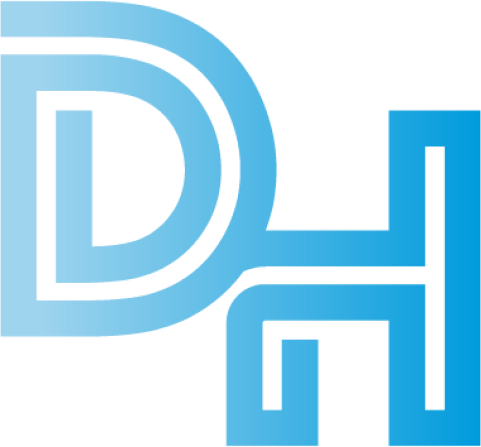TRAINING COURSES
Tailored Training Program for Learning and Development Initiatives
Introduction
In an evolving business landscape, investing in targeted employee development is essential for staying competitive. A Tailored Training Program is meticulously designed to align with an organization’s specific objectives, skills gaps, and challenges. This individualized approach ensures that learning is both relevant and impactful, fostering immediate and practical applications.
Program Overview
The Tailored Training Program is structured to meet the unique requirements of your organization. By prioritizing the exact competencies your team needs, this program enhances individual performance, elevates productivity, and supports overall organizational success.
Core Elements
Comprehensive Needs Analysis
– Conduct a detailed assessment of organizational objectives, obstacles, and skills gaps.
– Use tools like surveys, interviews, and data analysis to pinpoint training priorities.
Customized Curriculum Development
– Create a curriculum tailored from the needs analysis results.
– Integrate targeted topics, case studies, and hands-on exercises that reflect organizational goals.
Flexible Delivery Options
– Offer multiple formats, including live workshops, virtual sessions, e-learning, and blended approaches.
– Ensure accessibility by accommodating varied learning styles and scheduling needs.
Experienced Trainers
– Work with industry professionals and seasoned trainers with subject-specific expertise.
– Adapt training content to resonate with the organizational context.
Engaging, Interactive Learning
– Implement group activities, simulations, role-playing, and practical exercises.
– Promote collaboration to enhance engagement and reinforce key concepts.
Continuous Improvement and Feedback Loops
– Establish mechanisms for regular feedback and program evaluation.
– Adjust content and methods based on evolving needs and participant insights.
Post-Program Support
– Supply ongoing resources to reinforce skills and encourage continuous learning.
– Offer follow-up coaching, mentoring, and resources to solidify training outcomes.
Advantages
– Direct Relevance: Training aligns with specific goals, ensuring practical relevance.
– High Engagement: Interactive, customized content enhances participant interest and involvement.
– Targeted Effectiveness: Focus on particular skill gaps for meaningful improvement.
– Flexible Delivery: Multiple options cater to diverse learning preferences and availability.
– Sustained Retention: Continuous support bolsters long-term retention and application.
Sample Modules
– Leadership Development: Build leadership skills tailored to company culture and objectives, focusing on communication, decision-making, and team leadership.
– Technical Skills: Specialized, industry-specific training with hands-on exercises.
– Soft Skills: Enhance communication, negotiation, and conflict resolution through real-world simulations.
– Change Management: Equip teams to adapt to change with resilience and flexibility.
– Sales & Customer Service: Boost sales and customer interactions through scenario-based training and customer simulations.
Conclusion
A Tailored Training Program offers a strategic solution for employee development, aligning closely with an organization’s unique needs and objectives. By investing in bespoke learning programs, organizations enhance employee skillsets, drive innovation, and achieve lasting growth.
This custom approach empowers organizations to build a workforce capable of advancing organizational goals and fostering a thriving, adaptable environment.
Our Programs
TESTIMONIALS

